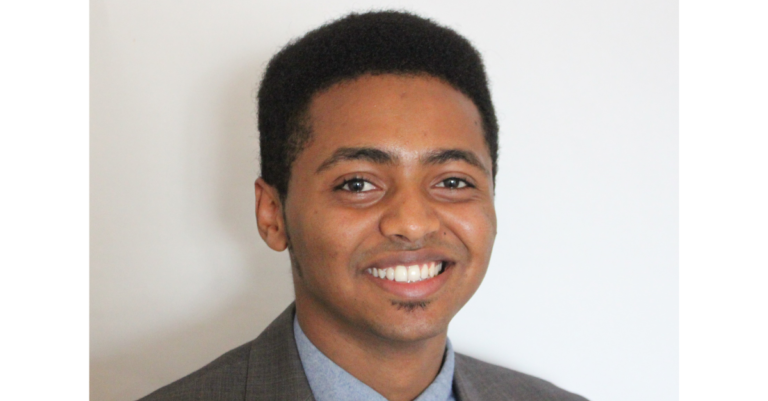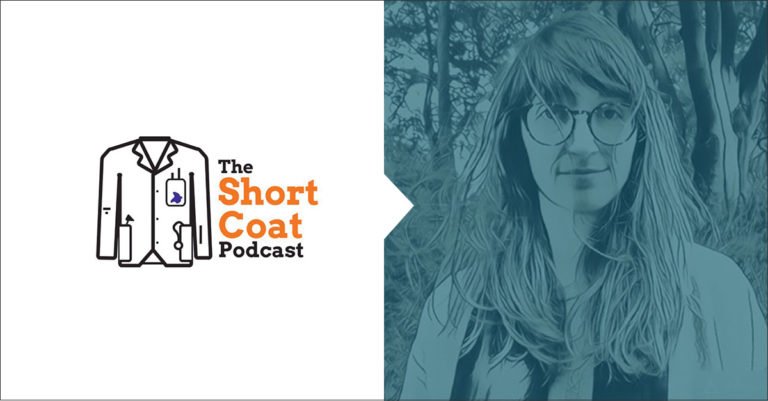
5 Physical Therapy Settings to Explore Before Applying to PT School
When you’re planning to apply to physical therapy school, you may or may not have ... Read more
Written by: Meredith Castin
Published on: May 28, 2018

When you’re planning to apply to physical therapy school, you may or may not have ... Read more
Written by: Meredith Castin
Published on: May 28, 2018

A 28-year-old woman presents with a one-week history of a slightly raised erythematous lesion on ... Read more
Written by: Figure 1
Published on: May 25, 2018

Spoiler alert: don’t “prepare” during the summer before you arrive at medical school. Listener Amanda ... Read more
Written by: The Short Coat Podcast
Published on: May 25, 2018

One of the questions that we hear most often from students is “How do I ... Read more
Written by: Cambridge Learning Center
Published on: May 24, 2018

In both high school and college, we get used to our peers being our age. ... Read more
Written by: Adelle
Published on: May 21, 2018

Our own Claire Castaneda won first place in the Carver College of Medicine’s Carol A. ... Read more
Written by: The Short Coat Podcast
Published on: May 18, 2018

A 66-year-old male with a history of hypertension presents to the emergency department with dyspnea ... Read more
Written by: Figure 1
Published on: May 18, 2018

With so many deadlines and moving parts to med school apps, it’s easy to become ... Read more
Written by: Haziq Siddiqi
Published on: May 16, 2018

If you think a dental career might be in your future, you can begin taking ... Read more
Written by: Student Doctor Network
Published on: May 14, 2018

The same afternoon that I offered to write an article espousing all of my triumphs ... Read more
Written by: Kara Hessel
Published on: May 14, 2018

25-year-old male presents to the emergency department with headache, retro-orbital pain, and diplopia when gazing ... Read more
Written by: Figure 1
Published on: May 11, 2018

It’s time for a change, whether we want it or not. Oh, gosh. It’s Kaci ... Read more
Written by: The Short Coat Podcast
Published on: May 11, 2018

Yes, we said it, ignore those national rankings! You’ve probably already heard this, and you ... Read more
Written by: AAMC Staff
Published on: May 10, 2018

Each year after the medical school application cycle is complete, thousands of medical school hopefuls ... Read more
Written by: Cassie Kosarek
Published on: May 9, 2018

Melaku Arega grew up in Ethiopia and moved to the United States at age 14. ... Read more
Written by: Haziq Siddiqi
Published on: May 8, 2018

I applied early as a non-traditional and disadvantaged student. I applied myself to repair my ... Read more
Written by: KL Brown
Published on: May 7, 2018

A live stage show featuring the stories of healthcare providers is now a podcast. The ... Read more
Written by: The Short Coat Podcast
Published on: May 4, 2018

Welcome to the new you—“The Doctor’s Spouse.” Yes, you have had your own identity up ... Read more
Written by: Amy Rakowczyk
Published on: May 3, 2018

By Jacob Adney, MD Candidate, Saint Louis University School of Medicine Mr. Dave Etler is an ... Read more
Written by: The Short Coat Podcast
Published on: May 2, 2018